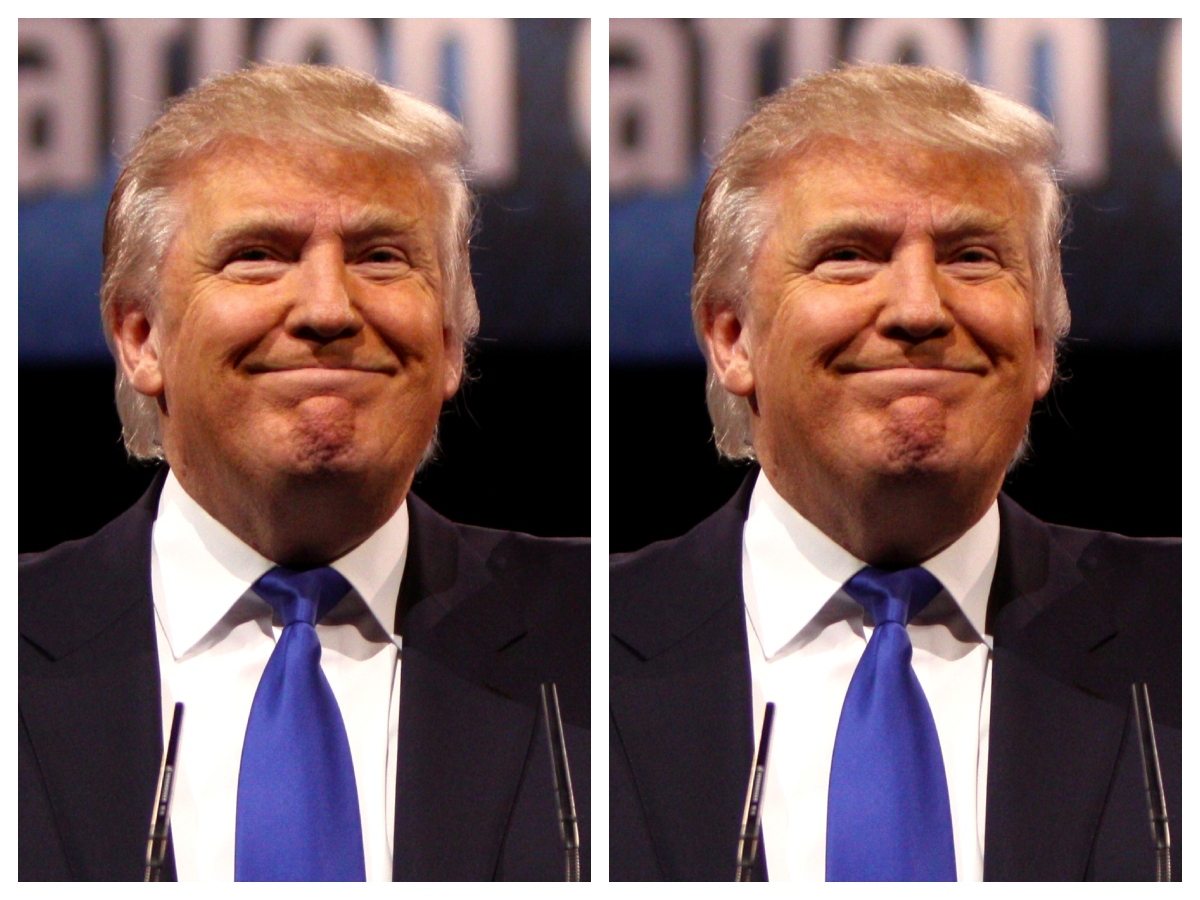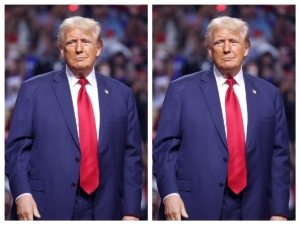The Trump administration is pressuring some of the country’s most prestigious universities to align with its political agenda in return for favorable federal funding.
A 10-page draft agreement, sent Wednesday to nine top institutions, outlines a “Compact for Academic Excellence in Higher Education.” The proposal asks universities to adopt the White House’s stance on admissions, gender definitions, free speech, student discipline, tuition costs and women’s sports, in exchange for access to “substantial and meaningful federal grants” along with higher overhead payments.
The letter accompanying the compact describes it as a proactive move while federal officials continue investigating alleged civil rights violations on campuses. Universities that accept the deal could become “initial signatories” and are asked to respond by November 21.
READ ALSO: U.S.: Government shutdown deepens with jobs at risk and no deal in sight
The schools targeted include Vanderbilt, the University of Pennsylvania, Dartmouth College, the University of Southern California, the Massachusetts Institute of Technology, the University of Texas, the University of Arizona, Brown University and the University of Virginia. Why these particular institutions were chosen was not explained.
Among the provisions are requirements that universities follow the government’s definition of gender for bathrooms, locker rooms and athletics, stop considering race or gender in admissions, cap international students at 15 percent of undergraduates, and ensure standardized testing remains mandatory. Colleges with large endowments would also be required to eliminate tuition for undergraduates pursuing hard science programs.
The compact also emphasizes the promotion of conservative voices on campus. It instructs universities to measure ideological diversity among faculty and students, and to dismantle or transform departments that, in its words, “purposefully punish, belittle, and even spark violence against conservative ideas.” Institutions would also have to curb disruptive protests, especially after last year’s campus demonstrations over the Israel-Hamas war.
The proposal marks a shift from earlier White House tactics of cutting federal aid to universities accused of liberal bias, such as Harvard and Columbia. In September, a federal judge blocked the administration’s attempt to withhold funds from Harvard, calling the move unlawful. Now, instead of punishment, the government is offering financial incentives.
READ ALSO: Judge’s ruling pushes Trump administration to reinstate UCLA research grants
Reactions to the compact have varied. Some universities confirmed they are reviewing the proposal but declined further comment, according to AP’s report. The University of Virginia said there was no clear reason it was selected. Leaders at the University of Texas struck a different tone, with Board of Regents chair Kevin Eltife saying the system was “honored” to be considered and looked forward to potential “funding advantages.”
California Governor Gavin Newsom opposed, warning that any school in his state that signs the compact will lose access to state programs, including $2.8 billion in Cal Grants. “California will not bankroll schools that sell out their students, professors, researchers, and surrender academic freedom,” Newsom wrote in a statement.
Criticism has also come from national education groups. Ted Mitchell, president of the American Council on Education, urged institutions to walk away. “It’s not worth the compromises that they would have to make,” he said. “This is a Faustian bargain.”
Larry Summers, the former Treasury secretary and Harvard president, agreed universities need reform but denounced the compact’s design. He described it as an effort to “fix a watch with a hammer — ill conceived and counterproductive.” According to Summers, the backlash it triggers “will likely set back necessary reform efforts.”
The Justice Department would enforce the compact’s terms. A university found in violation would lose its benefits for at least a year, with repeat offenses carrying two-year penalties. “Institutions of higher education are free to develop models and values other than those below,” the compact notes, “if the institution elects to forego federal benefits.”
READ ALSO: Supreme Court extends Trump’s block on almost $5B in foreign aid










